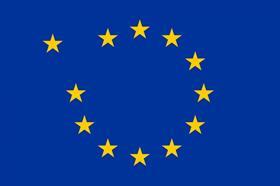
The UK may be withdrawing from the EU but it will have to work within World Trade Organisation (WTO) rules as it shapes post-Brexit agri-food policy, a UK Trade Policy Observatory (UKTPO) briefing paper has warned.
The study’s author, Alan Swinbank of the University of Reading, suggested that while Brexit offers the UK an opportunity to design a more efficient agricultural policy that would benefit farmers and the environment, policies will have to conform to WTO rules and could have implications for consumer prices.
Alan Winters of the University of Sussex and director of the UKTPO, added:“The latest UKTPO briefing paper makes it clear that minutiae of existing world trade policy and complicated EU negotiations will have far-reaching effects on all parts of UK economy, including the agriculture sector, for many years to come.
“As such, we reiterate our call for a five-year transitional period, to allow time to get the details of Brexit right.”
The paper was presented at aUK Policy Trade Observatory (UKTPO) at Chatham House on 11 January.
Swinbank said: “WTO rules will be important in shaping future agri-food policy for a post-Brexit UK, both with regard to domestic agricultural support and trade.
“At one extreme the UK, on leaving the EU’s customs union, could follow a 'free trade' policy, encouraging cheap food imports from around the world, but pressurising farm incomes. Or, at the other extreme, it might shelter behind the obscenely high tariffs on agri-food products that it would inherit from the EU.
“Food prices will also be affected by any Brexit-induced change in the value of sterling, and the additional cost of trading outside the EU's customs union and Single Market.
“Agricultural tariffs could be particularly problematic for the border between the Republic of Ireland and Northern Ireland if the UK fails to remain within an EU customs union, or negotiate a tightly-regulated Free Trade Area agreement. Then both parties (the UK and the EU) would have to apply their full tariffs against each other under WTO rules, thus necessitating the reintroduction of border controls.”



